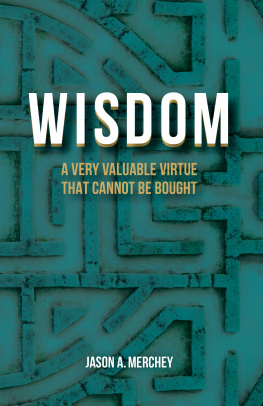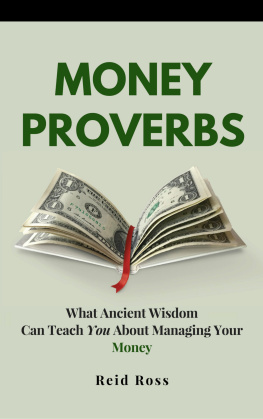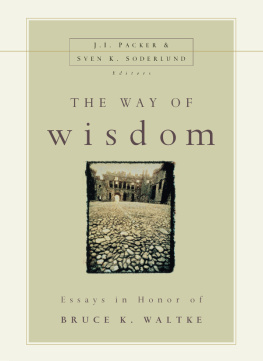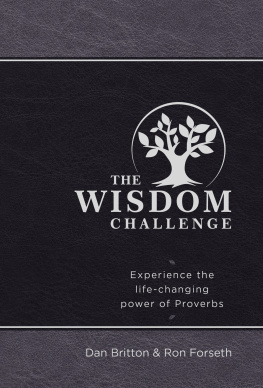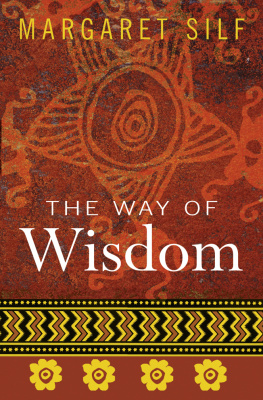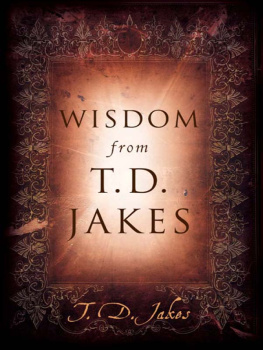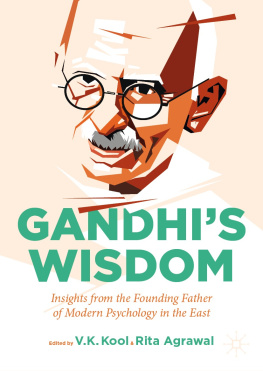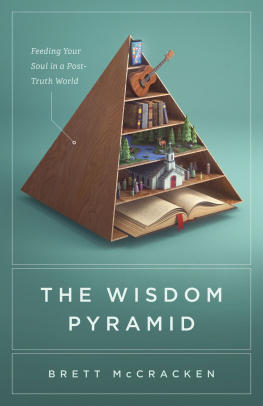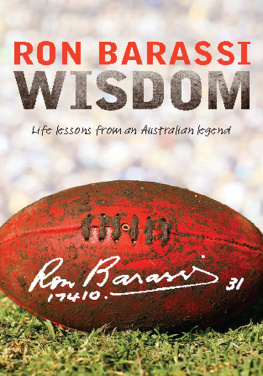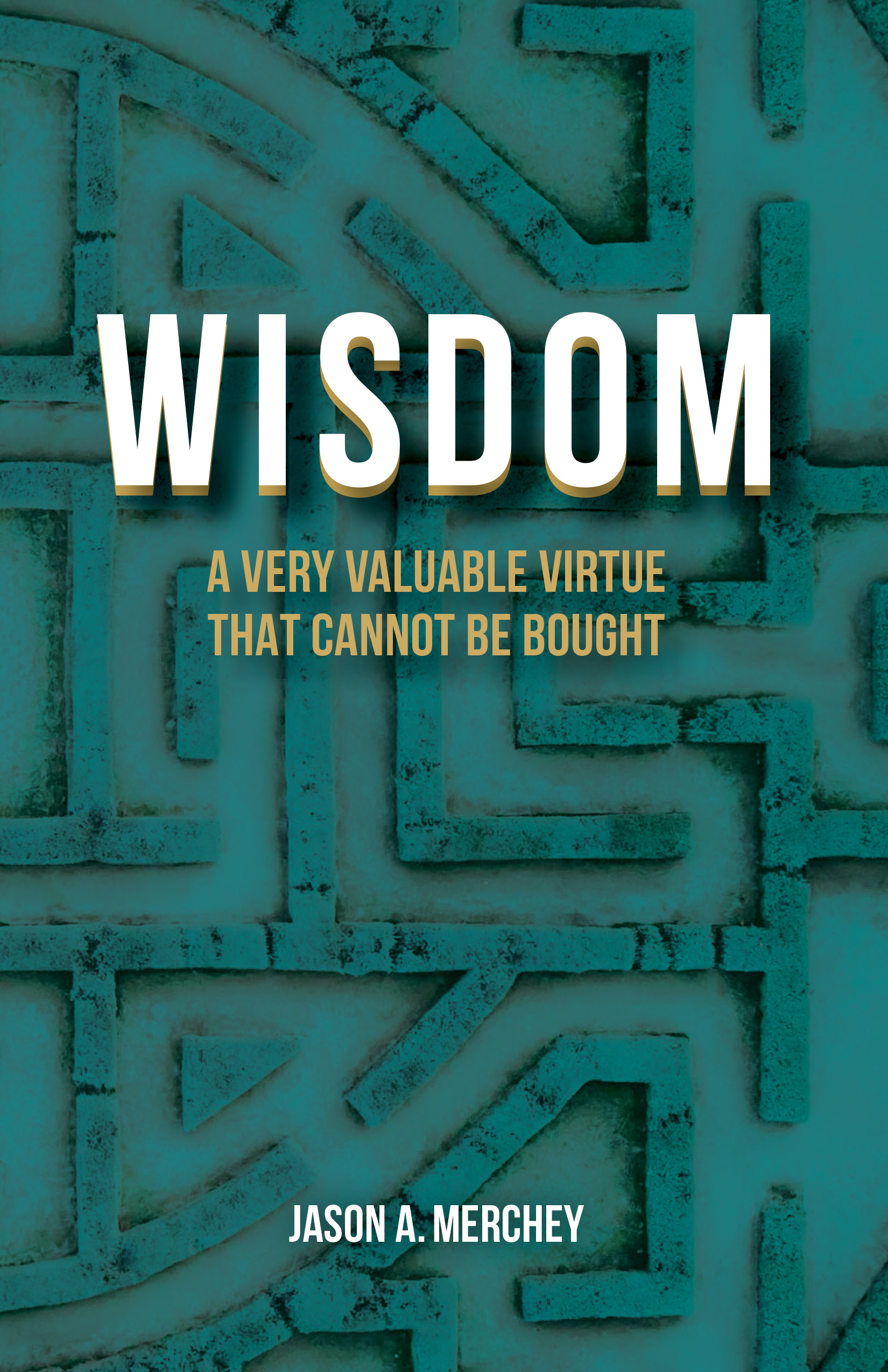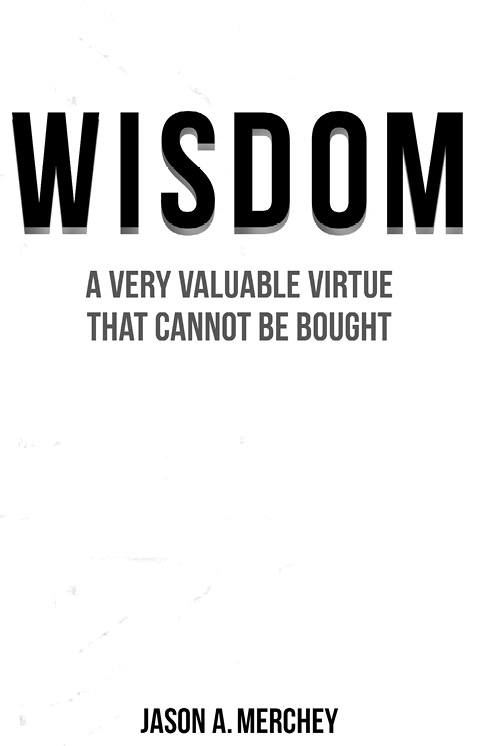Jason A. Merchey - Wisdom: A Very Valuable Virtue That Cannot Be Bought
Here you can read online Jason A. Merchey - Wisdom: A Very Valuable Virtue That Cannot Be Bought full text of the book (entire story) in english for free. Download pdf and epub, get meaning, cover and reviews about this ebook. year: 2022, publisher: Values of the Wise, LLC, genre: Religion. Description of the work, (preface) as well as reviews are available. Best literature library LitArk.com created for fans of good reading and offers a wide selection of genres:
Romance novel
Science fiction
Adventure
Detective
Science
History
Home and family
Prose
Art
Politics
Computer
Non-fiction
Religion
Business
Children
Humor
Choose a favorite category and find really read worthwhile books. Enjoy immersion in the world of imagination, feel the emotions of the characters or learn something new for yourself, make an fascinating discovery.
- Book:Wisdom: A Very Valuable Virtue That Cannot Be Bought
- Author:
- Publisher:Values of the Wise, LLC
- Genre:
- Year:2022
- Rating:3 / 5
- Favourites:Add to favourites
- Your mark:
Wisdom: A Very Valuable Virtue That Cannot Be Bought: summary, description and annotation
We offer to read an annotation, description, summary or preface (depends on what the author of the book "Wisdom: A Very Valuable Virtue That Cannot Be Bought" wrote himself). If you haven't found the necessary information about the book — write in the comments, we will try to find it.
Will a deep appreciation of wisdom lead to more happiness, flourishing, and success in life?
Why is America increasingly plagued by tribalism, elitism, materialism, and ME-ism?
What do philosophy, psychology, and personal growth have to say about wisdom?
Are the Bible and other religious texts legitimate and useful sources of human wisdom?
Though powerful and beautiful, philosophy has typically discouraged many readers who find it difficult, abstract, and boring. Moreover, modern psychology and age-old personal growth principles are given a bad name by many social media personalities who oversimplify them in an effort to make money.
Four-time author Jason Merchey believes wisdom can be developed and acquired, and improving your understanding of wisdom will certainly lead to living a better life! Wisdom is one of humankinds oldest and most prized virtues, yet it is not much respected nowadays. . .
This new book has the potential to assist readers to live a life that harnesses the power of philosophy, critical thinking, and applied psychology. These secular sources of wisdom are not as complicated as they may seem, and indeed are road maps to a better life.
Wisdom is a comprehensive, transparent exploration of ancient and intriguing concepts combined with critical thinking, compassion, and other aspects of wisdom. Brimming with examples of psychological principles, careful analysis, and insightful quotes from many cultures and civilizations, it provides a basis for authentic intellectual, emotional, spiritual and moral growth.
The author deftly combines digestible psychological research findings, compelling personal stories, and useful quotations about wisdom.
Anyone aiming to build a life of value-one that yields purpose and happiness-should consider wisdom to be their basis. Wisdom has been one of humanitys highest aspirations for millennia.
Jason Merchey has dealt with mental illness most of his life, but also earned a masters degree in clinical psychology and trained as a psychotherapist. No stranger to the big questions and the difficulty of life, he has studied wisdom, values and virtues for twenty years.
In addition to personal benefits, this book sheds light on some of Americas significant social problems. The great philosopher Socrates himself knew that ancient Athens, Greece was in serious trouble. If we were all wiser and we had more enlightened and humane priorities, many of the problems that mark communities and nations would give way to more love, fellowship, and prosperity.
One cannot buy wisdom per se, but investing in this affordable book provides a refreshing opportunity for self-improvement and intellectual growth. It has the potential to assist you to make wisdom your greatest strength!
Jason A. Merchey: author's other books
Who wrote Wisdom: A Very Valuable Virtue That Cannot Be Bought? Find out the surname, the name of the author of the book and a list of all author's works by series.

